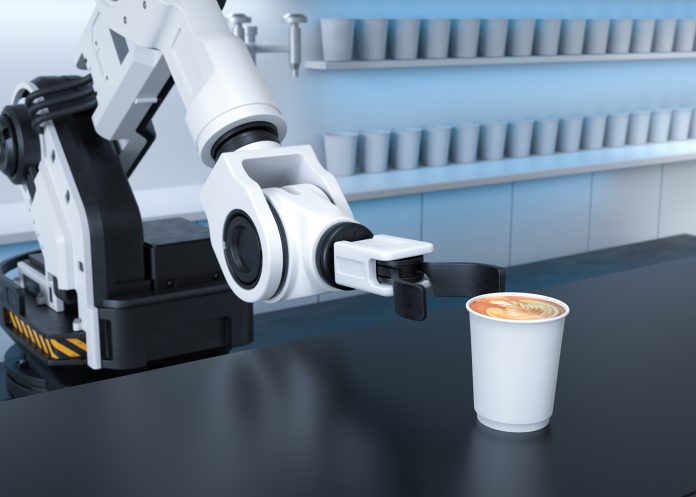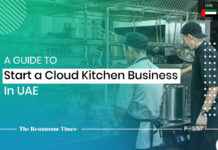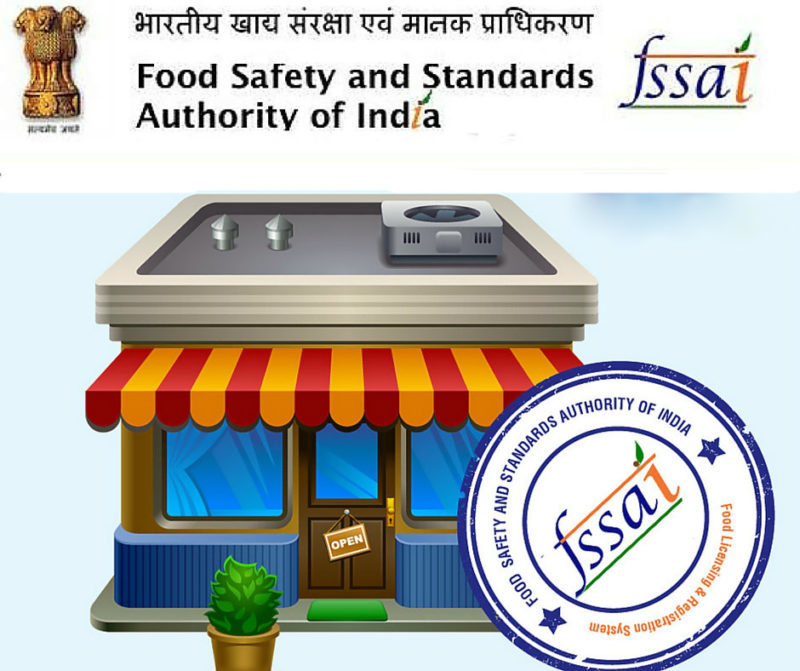The restaurant industry has changed dramatically over the past two years, with technology playing a significant role. Restaurateurs today are more interested in building a sustainable business that will last beyond the blips and continue to thrive in challenging situations. Hence, technology-first business models such as cloud kitchens are only expected to become more prevalent in the coming years. In our recent PRIME — Posist Restaurant Industry and Market Evaluation — Report UAE (published earlier this year), seven in 10 restaurants were willing to invest up to 8 percent of their revenue in technology, with 70 percent looking at cloud kitchens for efficiency.
While restaurants worldwide are increasingly embracing tech to streamline operations, the industry still has room for growth. To meet the constantly changing consumer preferences, restaurant technology providers will continue developing innovative technologies to stay ahead of the curve and help provide a memorable dining experience for guests.
Here are the four technologies that are expected to pick up as the tech revolution in restaurants continues to evolve:
Robotics
From making cocktails to flipping burgers, the food and beverage industry is becoming conscious of the benefits of using robots to improve their efficiency. As technologies such as artificial intelligence and the Internet of Things pick up, robots in restaurants are becoming more and more common.
Dubai, being a popular tourist destination, is quite ahead in incorporating technology into restaurant operations. You can witness the future of restaurant technology in the UAE at a recently launched cafe in Dubai Festival City called the Robocafe. The cafe is entirely run by German robots and does not require any human intervention. From preparing beverages to serving burgers, these robots eliminate the need to hire human staff. Moreover, they reduce the table turnaround time, thereby catering to more customers in less time. Restaurants and hotels can benefit from these robots in many ways, including simplified operations, consistency in food, reduced costs, food wastage, and an enhanced customer experience.
“Restaurant operators today understand that simply having good food will not cut it as guests’ preferences and needs evolve along with the business landscape.”
– Ashish Tulsian
Virtual/Augmented Reality
It is about time restaurateurs realize the untapped potential of VR/AR and the wonders both can do to their outlets. VR/AR play a crucial role in employee training, saving up a lot of time and resources. The technology can also improve the guest experience by offering them a VR-based experience as they wait for the food to arrive. Restaurants could also show customers how other dishes are prepared. This is a good way to build trust in customer’s minds about the quality of ingredients used in the restaurants and the safety measures followed by the staff.
Artificial Intelligence
The UAE has a National Program for AI as does Saudi Arabia, intending to make the region a global leader in the field of AI by 2031. Like any other business, restaurants are turning to AI to enhance their overall efficiency. For instance, AI-powered sensors are being used by restaurants to decrease instances of human error in order preparation and to improve packing accuracy. AI can also be used with a restaurant’s point of sale software at the front and back of the house, completely automating the operations.
This is one of the major reasons why UAE restaurateurs are increasingly adopting AI. Eradicating the likelihood of human error in order preparation and packaging, automatic adjustment of stock and inventory, and measuring the return on investment of each dish are some of the major motives of introducing AI to the hospitality sector.
Internet Of Things (IoT)
IoT is the backbone for incorporating artificial intelligence in the back of your house operations as it works in amalgamation with cloud-based technologies. The role of the IoT is to connect various physical devices and share their data with the assistance of the internet. Multiple sensors are used to determine the temperature and humidity of the environment the food is kept in.
IoT solutions further help the restaurant operator to track if the restaurant is complying with food regulations. Furthermore, they also enhance customer experience by automatically adjusting the ambiance’s temperature, lighting, and music. For the future, IoT solutions have a great potential to revolutionize the restaurant industry by enhancing multiple minor aspects and giving out great outputs.
Over the years, technology has become a key factor for the success of restaurants. Restaurant operators today understand that simply having good food will not cut it as guests’ preferences and needs evolve along with the business landscape. Even though these technologies might come at an initial investment, they would prove to be helpful for restaurants to stay ahead of the competition, and by working in tandem, these technologies will increase the overall efficiency of running a restaurant business.
This article was originally published in the ARAB NEWS on August 28, 2021.
Views expressed by Ashish Tulsian, CEO & Co-Founder, Posist Technologies.
Find the original article here.

















